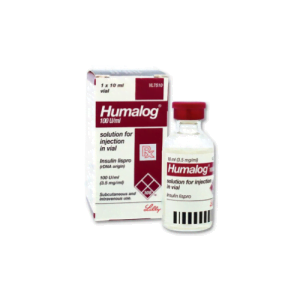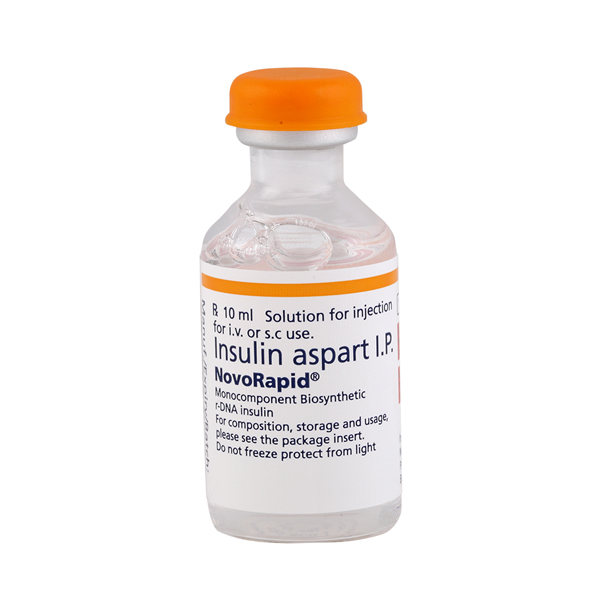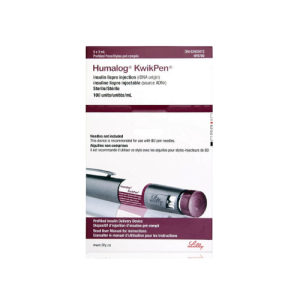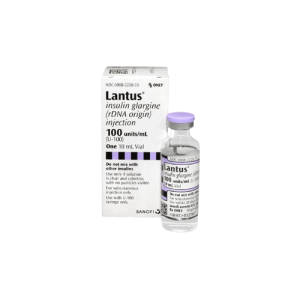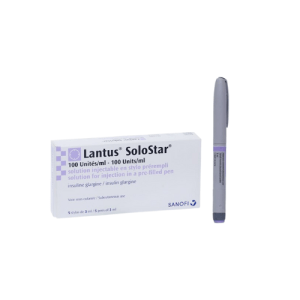Insulin is a natural hormone made in the pancreas that helps to regulate blood glucose levels. This hormone moves glucose from the bloodstream and stores it in fat cells, muscles, and the liver. However, if you are resistant to insulin, the body cannot effectively use insulin to absorb glucose from the bloodstream. This leads to a high level of blood sugar, which if left untreated may result in complications such as blindness, kidney problems, and nerve damage. When the level of blood glucose rises, the pancreas will try to overcome the body’s resistance to insulin by producing more insulin. This can help to temporarily reduce high levels of blood glucose. Over time, the insulin-producing beta cells will be depleted. People who are overweight or those who come from a family with a history of diabetes are more likely to become insulin resistant.
What is insulin sensitivity?
Insulin sensitivity refers to how your body responds to the effects of insulin. If you are sensitive to insulin, you will only need a small amount of insulin to keep your blood glucose levels within the normal range. And if you are resistant to insulin, you will require a more insulin to achieve the same blood sugar-lowering effects. Insulin resistance causes high levels of insulin to circulate in the blood, which can result in heart failure, obesity, osteoporosis, and high blood pressure. Luckily, if you have low insulin sensitivity, you can improve it through lifestyle changes that include diet and exercise. Improving your insulin sensitivity can help reduce your risk of developing many diseases, including diabetes.
How to increase insulin sensitivity naturally
Get enough sleep
We are often told that a good night’s sleep is important for your health. Now, studies show that a poor night’s sleep can lead to low insulin sensitivity. Getting enough sleep could be the first step to increasing your sensitivity to insulin.
Exercise regularly
Exercising regularly is an effective way of increasing insulin sensitivity. Your body requires energy, and exercising helps to move glucose from the bloodstream into the muscles, cells, and liver. Your body can maintain this increased insulin sensitivity for up to 48 hours, depending on the type of exercise. Usually, any type of exercise can improve your body’s sensitivity to insulin; however, studies show that combining aerobic exercise with strength training is more effective for increasing insulin sensitivity.
Lose weight
Excessive weight, especially around the abdomen, can lead to reduced insulin sensitivity. This also increases the risk of developing type 2 diabetes. The good news is that you can increase insulin sensitivity by losing weight through regular exercise, a healthy diet, and lifestyle changes.
Eat healthy
Increasing your intake of foods that are rich in soluble fiber can help improve your body’s sensitivity to insulin. You can take high soluble fiber foods like oatmeal, Brussels sprouts, oranges, and legumes. Also make sure you reduce your intake of carbs and foods high in trans fat. Instead, choose foods with a low glycemic index such as brown rice, sweet potatoes, and quinoa.
Disclaimer: Please note that the contents of this community article are strictly for informational purposes and should not be considered as medical advice. This article, and other community articles, are not written or reviewed for medical validity by Canadian Insulin or its staff. All views and opinions expressed by the contributing authors are not endorsed by Canadian Insulin. Always consult a medical professional for medical advice, diagnosis, and treatment.







